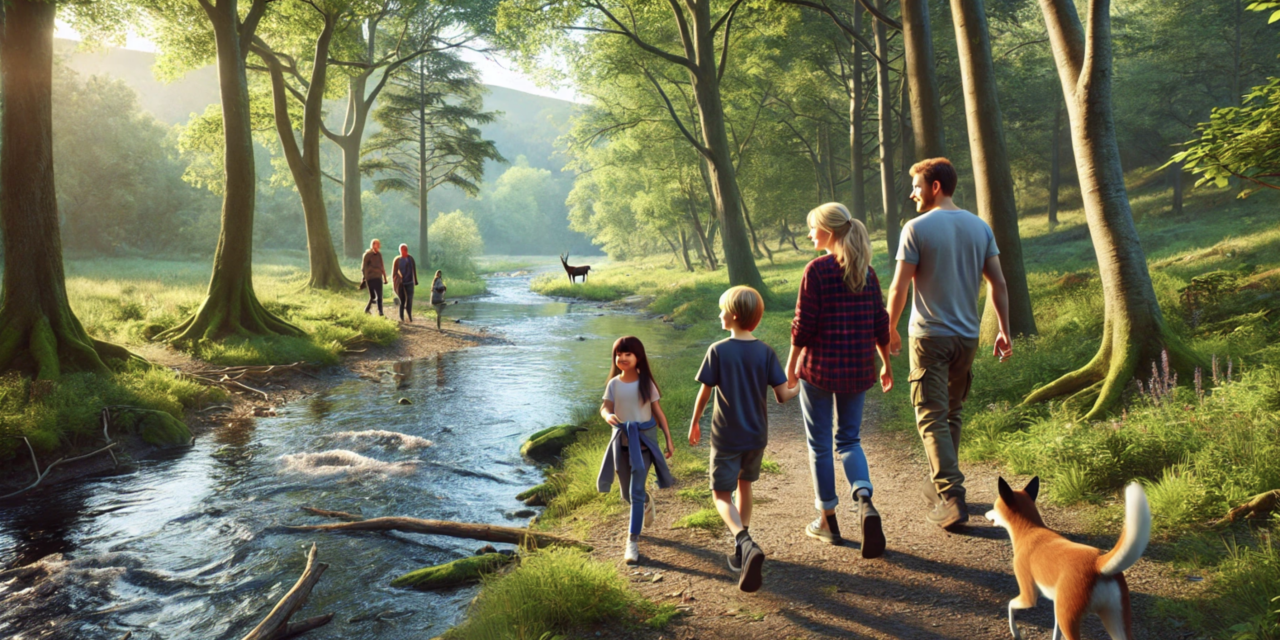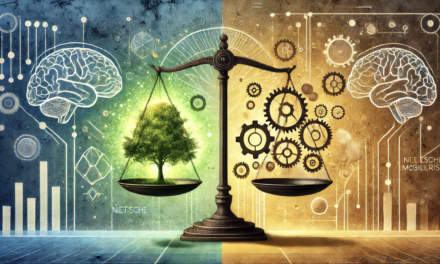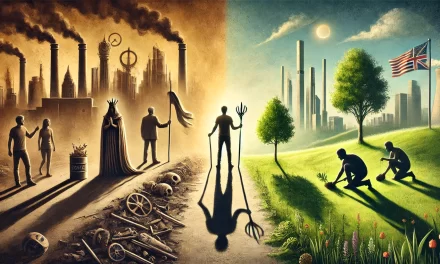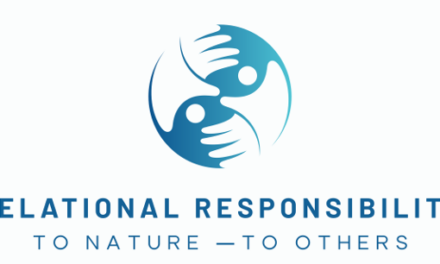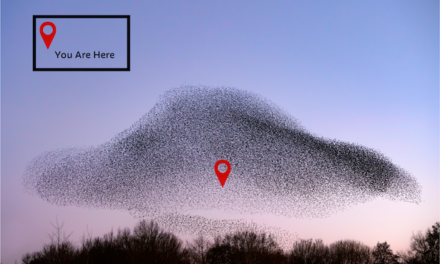Humanity at a Crossroads
The world we share is at a turning point. Everywhere we look, crises are unfolding: inequality is deepening, ecosystems are unravelling, and the systems we depend on feel increasingly fragile. These challenges can feel overwhelming, even disconnected. But if we pause, step back, and look at the bigger picture, a common thread emerges.
At the heart of it all lies a simple truth: we’ve built a world that acts more like a machine than a living system. Machines are efficient but rigid, focused on short-term results. Living systems, on the other hand, adapt, balance, and thrive in harmony with their environment. If humanity is to flourish in the 21st century, we need to rethink how we see ourselves—not as isolated cogs in a machine, but as living beings in a vibrant web of life.
This trilogy explores three dimensions of that transformation: our economy, our spirituality, and our mindset. Each essay stands on its own, but together they offer a roadmap for cultivating what the Consortium on Sustainability Research has called an “ecology of hope.”
Part One: Does Money Make the World Go Round?
Money powers our world. It influences what we value, how we work, and even how we define success. But is the way we use money helping or hurting us?
This first essay takes a critical look at the systems of money and work that shape our lives. It questions why care work—like raising children or protecting nature—is undervalued, while activities that harm the planet often bring the greatest rewards. It challenges us to rethink what we value and to redesign our financial systems to reflect humanity’s deeper needs: equity, sustainability, and well-being.
Part Two: Rethinking Spirituality
For too long, spirituality has been either dismissed as outdated or hijacked by rigid ideologies. But what if it holds the key to rediscovering our place in the world?
This second essay argues that spirituality isn’t about escaping reality; it’s about engaging with it fully. By reconnecting with science, embracing inclusion, and responding to the ecological crisis, we can create a spirituality that feels both credible and liberating. This isn’t about religion—it’s about cultivating values and practices that foster resilience and hope for all life.
Part Three: The Crisis of Our Time
Why does humanity keep acting like machines? The final essay in this trilogy dives into the roots of our metacrisis—why we’ve chosen efficiency, control, and profit over balance, care, and connection.
Drawing lessons from living systems, it explores how we can rethink the way we allocate resources, make decisions, and define success. By thinking like the living beings we are—adaptable, interdependent, and deeply connected to nature—we can move from merely surviving to truly thriving as part of a living planet.
A Journey of Hope
These essays aren’t about pointing fingers or prescribing utopian fixes. They’re about rethinking what it means to be human in a world that desperately needs balance. Each piece offers a glimpse of what’s possible when we align our systems, values, and actions with the principles of life itself.
If you’ve ever felt that the world could be more than it is—that humanity has the potential to flourish rather than flounder—this trilogy is for you. Start with whichever essay resonates most, or follow them in sequence for the full picture. Either way, I hope they inspire you to see the world—and your place in it—in a new light.
Let’s think like living beings. Let’s cultivate a living future.
Terry Cooke-Davies
9th January 2025
Profound thanks to ChatGPT(4o) from OpenAI for assistance with this article.

